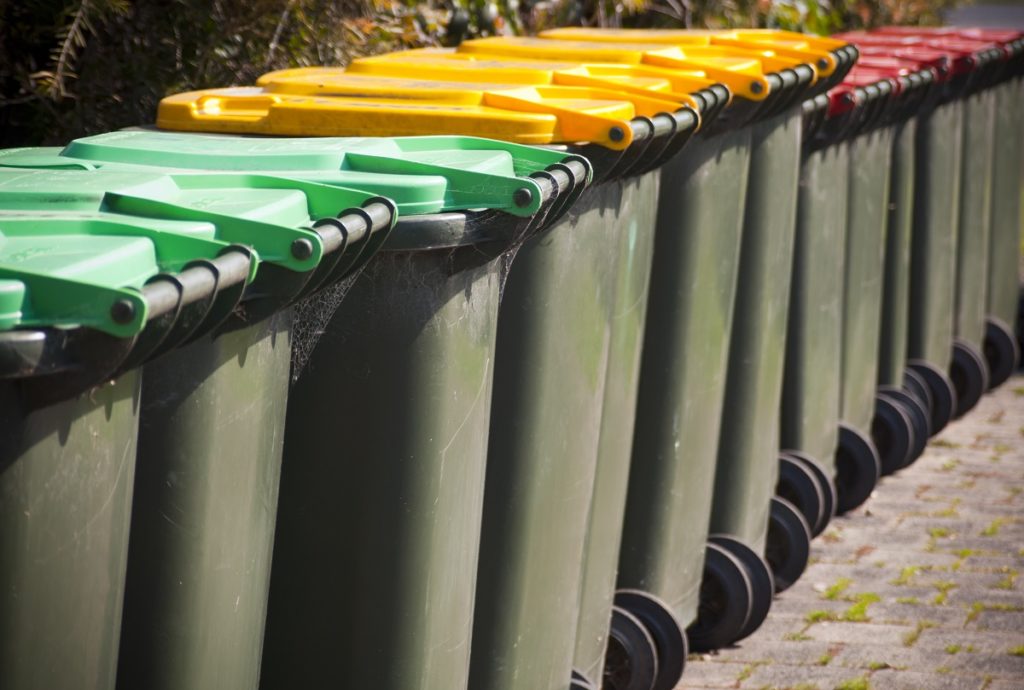In 2017, the government of Sydney announced their strategy for waste management and eventually becoming a zero-waste city by 2030. This strategy is in support of the United Nations’ Sustainable Development Goals, with responsible production and consumption at the forefront.
Sydney has committed itself to environmental leadership and they are now focused on achieving this long-term goal of being a zero-waste city. If the city doesn’t make changes to how they manage their waste, the city’s households and businesses will be sending over 200,000 tonnes of waste to landfills in a year.
Through extensive internal and external consultations, they have identified the major issues that impacted the city’s past waste management efforts.
Increased housing density
Residential apartments make up more than 75 per cent of households in Sydney. Many of these households compete for space, particularly storage allotment for recycling and waste. When there is no storage available, residents can turn to illegally dumping unwanted items. Rubbish skip bins in Sydney are also often left on footpaths, causing odour issues, obstructions and illegal dumping.
In addition, despite available recycling services, contamination of recycling streams is still an ongoing problem due to waste being placed in incorrect bins. This causes some recyclable materials to end up in landfills.
Product and material changes
 The products available in the market today have become more complex over the last decades. Now, they are often made from different composite materials or they contain electrical or electronic components. Some of them include special packaging to ensure the product arrives in the condition designed by the manufacturer.
The products available in the market today have become more complex over the last decades. Now, they are often made from different composite materials or they contain electrical or electronic components. Some of them include special packaging to ensure the product arrives in the condition designed by the manufacturer.
Unfortunately, many of these packaging items are often tossed out right after the consumer purchases or receives the product. Many electronic or electrical items also become quickly obsolete due to advances in technology or they are not easily repairable once they stop working properly.
Coupled with the increasing demand of consumers for products, changes to packaging are evolving at an incredibly fast pace. The recycling and reprocessing industry cannot currently accept all of the new materials. As a result, discarded materials without readily available recycling solutions are increasing and contributing to improper waste management.
Inconsistent and unreliable waste data
The city government provides recycling services to residential homes but not to industrial and commercial premises, the biggest producers of waste in the city. Tracking of recycling rates and waste quantities from these sectors is difficult as they are managed by independent waste operators.
Sydney’s strategy is to access better quality waste data so that they can track and monitor the city’s different waste streams from their point of origin to the final destination. When the city understands the life cycle of all of Sydney’s waste, they can come up with measures to minimise the waste, avoid dumping them in landfills and recover recyclable resources.
A zero-waste target is not easy to achieve but it’s possible with proper resource management tactics and commitment to the environment. By continuing to identify the problem areas, understanding the issues that impact their waste management efforts and coming up with priority actions, Sydney can move forward as a city where waste materials are reused rather than discarded.

